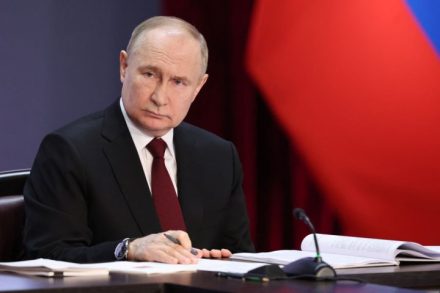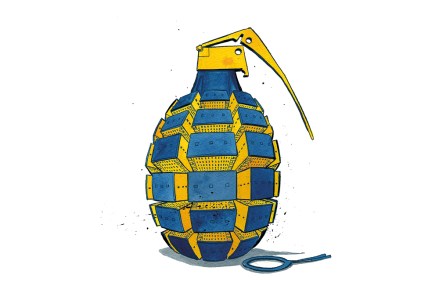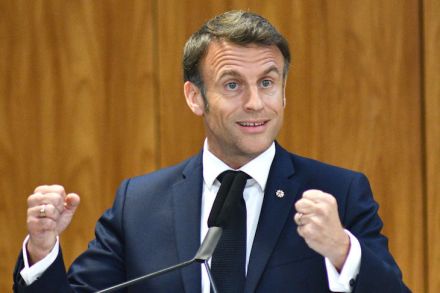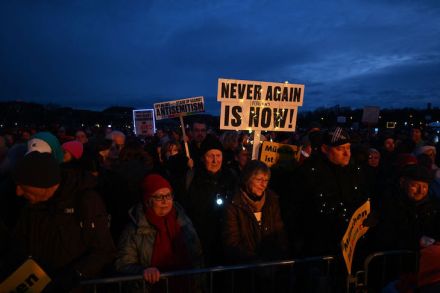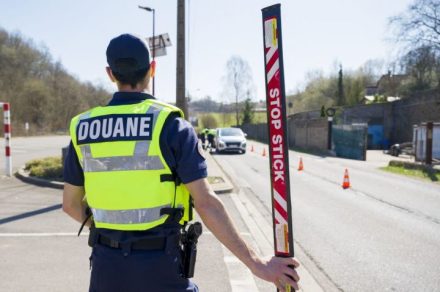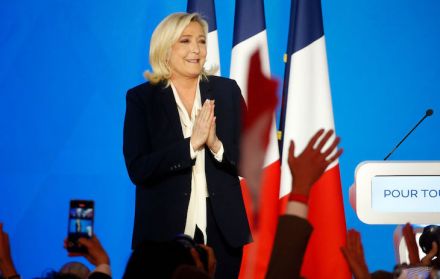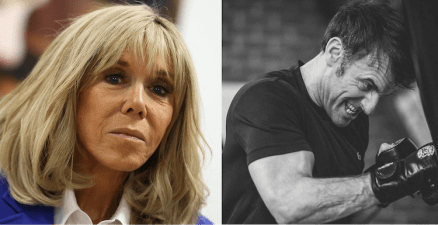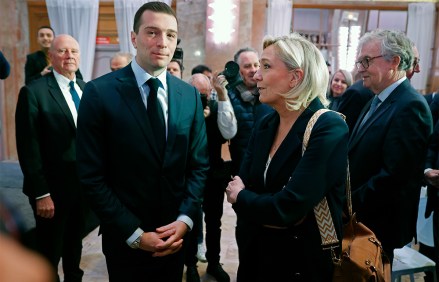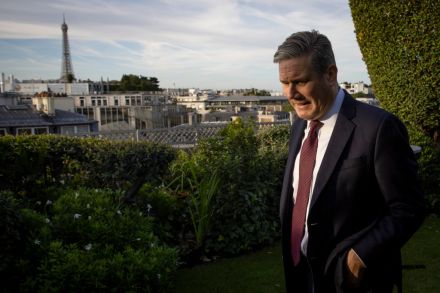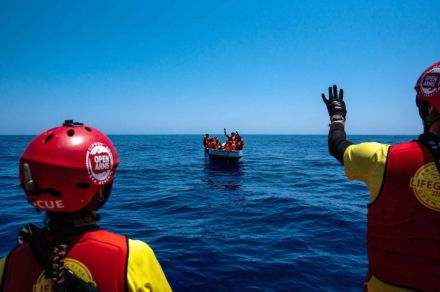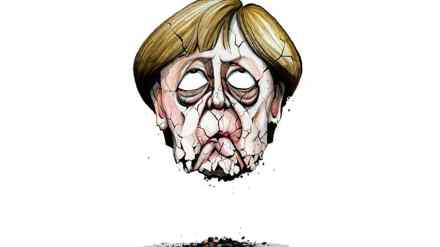How likely is Putin to target the Paris Olympics?
One thing the French seem to be learning (or, given their history, re-learning) is that the Russians are always up for a scrap. A ministerial phone call between the two countries has led to a diplomatic spat such that a stung Emmanuel Macron is now claiming that Moscow plans to target this summer’s Paris Olympics – and he’s probably right. On Wednesday, French defence minister Sébastien Lecornu had a rare phone conversation – the first since 2022 – with his Russian counterpart Sergei Shoigu. Paris claims that, following the Crocus City terrorist attack in Moscow last month, the call was wholly about the scope for anti-terrorist cooperation, and their willingness
